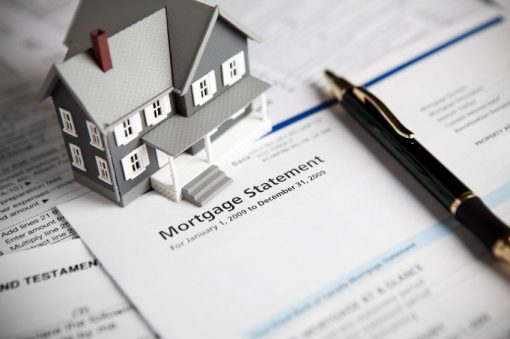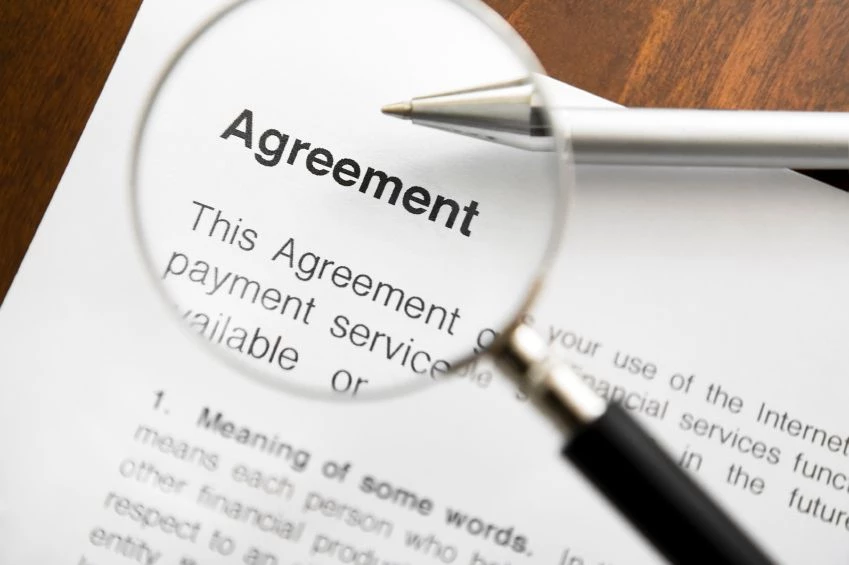Tips and advice


How Much Is My Property Worth? Valuation Guide
Find out what your property is worth with our free online valuation tool, or compare agents to get a professional appraisal. Understand your home's true value.

Bathroom Renovation Costs Australia 2025 | Price Guide
How much does a bathroom renovation cost in Australia? From $5,000 budget refreshes to $35,000+ luxury remodels. Get an appraisal first to maximise ROI.

What Happens When a Property Sale Falls Through?
Property sale fallen over? Learn the common reasons sales fail—from buyer's remorse to low valuations—and how the right agent helps prevent it happening again.

10 Questions to Ask a Real Estate Agent When Selling
Interviewing real estate agents? Use these 10 essential questions to find the right selling agent for your property. Compare agents free at LocalAgentFinder.

What Is an Owners Corporation? Guide for Landlords
Learn what an owners corporation is, your obligations as a member, and how it affects your rental property. Find a property manager to help navigate strata.

How to Change Real Estate Agents
Unhappy with your selling agent? Learn when and how to change real estate agents, cancel your listing agreement, and find a better agent to sell your home.

RBA decision August 2025: What homeowners should know
Recent RBA cash rate calls keep surprising. Learn how to read uncertainty without panicking and which signals to check before making major decisions.
.jpg)
Timing is everything: Making the most the July 2025 RBA decision
In July 2025, the RBA held rates at 3.85% despite cut expectations, but strong housing demand and limited supply keep conditions favourable for sellers.

Property Reports 101: Why You Need One and What to Look For
What is a property report, and why is it important for anyone buying or selling property? Here we take a…

Section 32 Sale of Land Act: Guide for Home Buyers and Sellers
The Section 32 Sale of Land Act is a crucial piece of legislation that applies to the sale of property…

How Much Does it Cost to Sell a House in Australia?
Wondering how much it costs to sell a house in Australia? The short answer: it’s not cheap. We’re talking tens…

Section 32 Sale of Land Act: Guide for Home Buyers and Sellers
The Section 32 Sale of Land Act is a crucial piece of legislation that applies to the sale of property…






